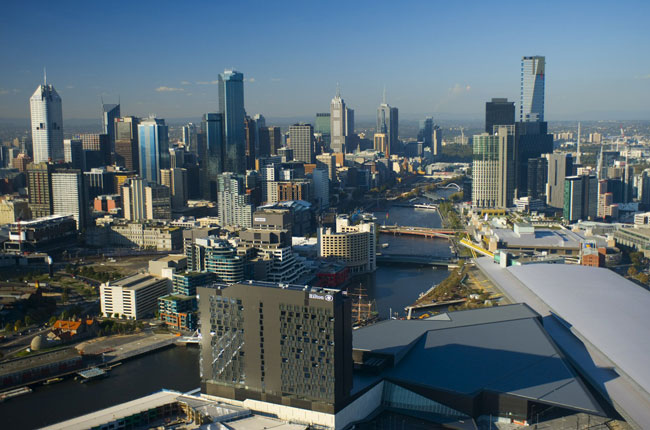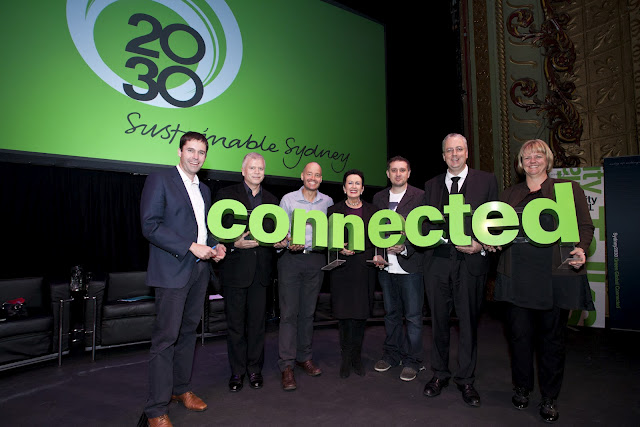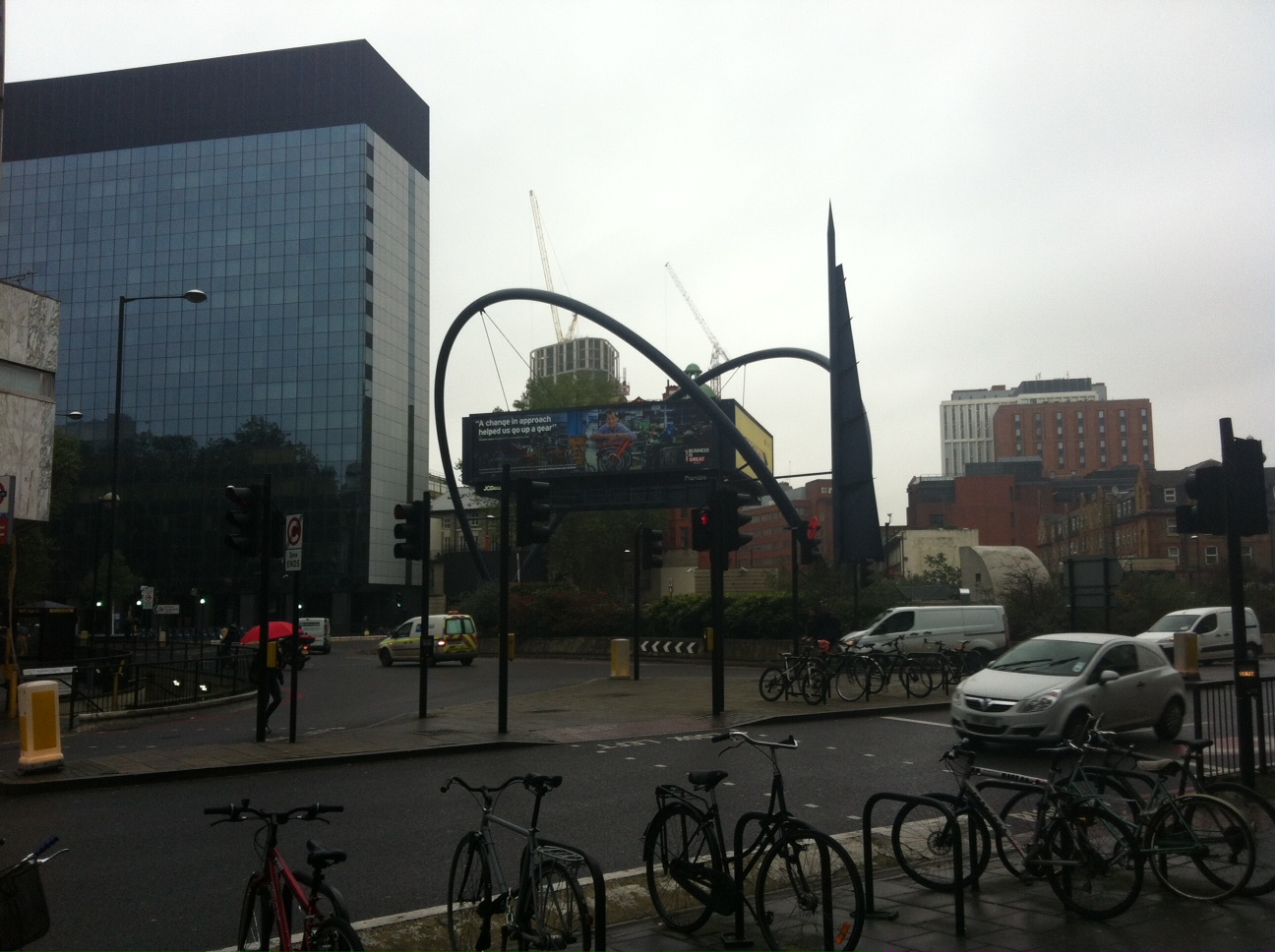Last year the Sydney startup and business communities were stunned by the SydStart startup conference announcing it was rebranding itself as StartCon and moving to Melbourne after the Victorian government had offered to fund the event.
At the time StartCon’s Matt Barrie and the Victorian government were most certainly in love with Barrie describing how Melbourne was well placed to be Australia’s startup centre and highlighting the lack of support from the City of Sydney and the New South Wales state government.
Sydney’s shame
In Sydney, the announcement caused a great deal of hand wringing as the city startup and tech communities worried that government neglect would see the more proactive Victorian government attract businesses and talent.
Now the friendship with Melbourne is over with Barrie publishing a scathing blogpost on the inertia and duplicity of the Victorian state government.
The tale of StartCon and its falling out of love with Victoria holds a number of lessons for businesses being tempted by the siren call of government incentives and the risks to taxpayers.
What can I announce today?
The announceable culture is endemic in Australian politics. Having announceables is absolutely critical part a ministers’ life and their careers can defined just as much by not having enough good news to announce as being victims of bad press.
In the last NSW Labor government, ministers had hard KPIs they were held to in cabinet which gave rise to Chatswood-Parramatta railway line probably being the most announced infrastructure project in history.
While the current Victorian government may not have those formal measures, Small Business Minister Phillip Daladakis is a very good player of the announceable game. He’s a man with a future in state politics.
The mistake of the StartCon organisers was to agree to public announcement before they had secured the money.
Public service thinking
I’d never heard of Dr Pradeep Phillip prior to his appointment to run LaunchVic but his previous position as secretary of Victoria’s Department of Health and Human Services doesn’t seem to immediately qualify him to run the state’s startup development agency.
His conduct, and that of his staff, in the published correspondence chain are those of classic risk averse public servants. Not a bad thing when you’re dealing hospital procurement practices but when you’re dealing with startups and new businesses it would be nice to have someone with more relevant private sector experience.
A notable part of the Victorian public service’s risk aversion is the language of the convoluted grant agreement where the state government may provide support. This, along with the classic attempt of shifting all responsibility away from the agencies, opens a lot of wriggle room for the government to get out of paying the publicly stated amounts.
Equally the use of registered mail after weeks of ignoring emails smacks of institutional backside covering. This underscores the disconnect between public servants and the business world, particularly with smaller organisations, events and startups.
The futility of government support
For StartCon’s organisers their embarrassing and terrible Melbourne experience underscores the futility of depending upon government incentives to site your business or event.
In choosing where to base a business important factors are the access to markets, labour and capital with affordable office space being another key issue. For event organisers, the access to reasonably priced venues and accomodation for the attendees – two factors where Melbourne has a real advantage over Sydney – are equally critical.
Government incentives are almost irrelevant to those consideration and really only become the deciding factor if the competing locations are equal in the other respects.
Counting the real cost
The real damage though is to StartCon’s credibility – having made the public decision to move to Melbourne with much fanfare the climb down is a humiliation – but, more importantly the event is compromised in the eyes of its Sydney supporters. The chase for government money also draws a scent of hypocrisy among a group known for its Libertarian leanings.
Equally however the Victorian taxpayers should be concerned at how their government is announcing support for businesses and events without real substance. One suspects that a fair proportion of Mr Dalidakis’ announceables have similar backstories.
More importantly Victorian taxpayers should be questioning the nature of support – with the SydStart announcement there was widespread irritation in the Melbourne tech community that a Sydney based event should get such government backing and similarly funding foreign multinationals to setup Australian sales offices in the southern state’s capital is going to do much to build the state’s tech sector.
Australian sovereign risk
Something all Australian taxpayers and businesses should be concerned about is the unreliability of governments of both complexions at state and Federal level. Too frequently promises are broken leaving companies and communities out of pocket.
The shutting down of the COMET scheme under the new Federal Labor government in 2007 and then the incoming Liberal government replacing the ALPs Commercialisation Australia program in 2013 are good examples of sovereign risk where entrepreneurs spent thousands of dollars and hours only to have the grants pulled without notice.
Innovation schemes are only one example, almost every program is at risk when a new minister, let alone government, is appointed. It would be a foolish manager or business owner who would base their financial forecasts on any Australian government policy.
As we saw in the City of Sydney elections, the real key to developing industry is to have an attractive, well serviced location with access to capital, skills and markets. Melbourne may well do that better than Sydney but it won’t be achieved by ministers bearing gifts.




